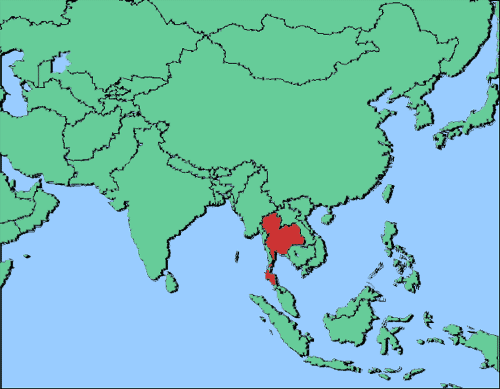
Circle the area on this map

D. The noodle vendor posted a video imitating the moves of a celebrity chef who had served a $2,000 gold-leaf-covered steak to a powerful Vietnamese official who was visiting London. The vendor’s parody appeared a few days after footage of the official eating the steak caused a scandal. The vendor was convicted of anti-state propaganda.
C. North Korean leader Kim Jong Un arrested and executed his uncle in 2013. Among the uncle’s crimes was behaving “so arrogantly and insolently as unwillingly standing up from his seat and half-heartedly clapping” for Kim. Many people who criticized the autocratic leaders of Belarus, Iran, and Russia also have been imprisoned or killed.
B. Turkey wanted Germany to prosecute the comedian for reading an obscene poem about Turkish president Recep Tayyip Erdogan on late-night television. The German government agreed, but the prosecution was later dropped. Germany then dropped the law.
A. In 1798, the party of President John Adams passed the Sedition Act which made it illegal to make false or malicious statements about the federal government or the president. The law did not protect Adams’ vice-president and political rival, Thomas Jefferson. The law expired in 1800, and its unpopularity is credited with helping Jefferson win the presidential election that year.